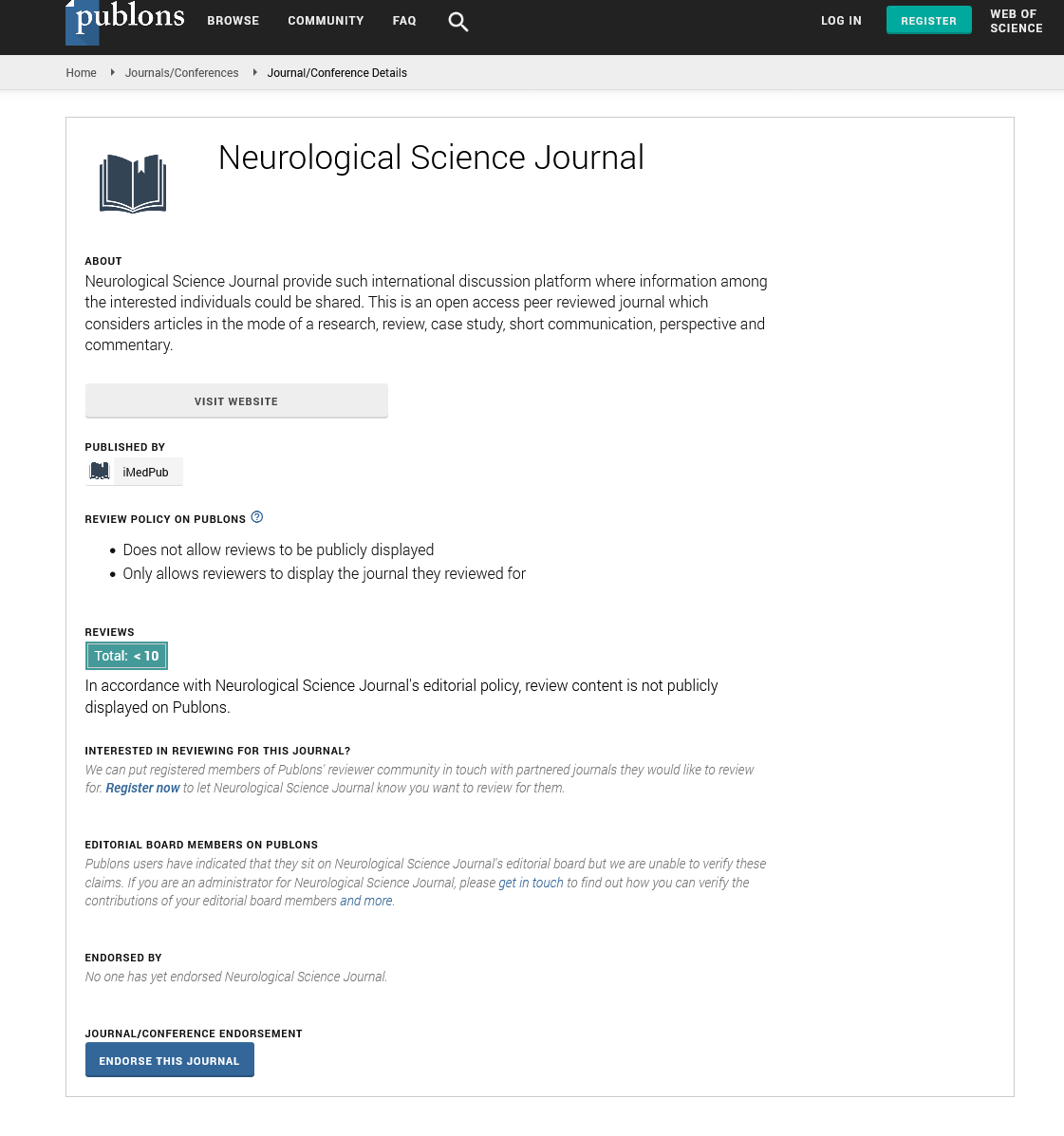Abstract
Mindfulness Based Interventions for Addictions: What is next?
Although mindfulness based interventions have recently received attention as efficacious approaches for treatment of addictive disorders, exactly how mindfulness works, for whom, and for how long are not precisely delineated. An improved understanding of these key factors needs to include physiological as well as cognitive and psychological assessments of mechanisms of action to tailor more effective treatments and achieve longer term impacts on addictive behaviors. Mindfulness is defined as a way of paying attention on purpose, in the present moment, and non-judgmentally. In the context of Mindfulness Based Relapse Prevention, the key contribution of mindfulness practices is to develop awareness and acceptance of thoughts, feelings, and to utilize these mindfulness skills as an effective coping strategy in the face of high-risk drinking situations”. Although physiological response is not directly specified in this definition, I propose that the physiology of mindfulness may be one of the most salient factors impacting effectiveness.
Author(s): J. Kim Penberthy
Abstract | Full-Text | PDF
Share This Article
Google Scholar citation report
Citations : 11
Neurological Science Journal received 11 citations as per Google Scholar report
Neurological Science Journal peer review process verified at publons
Abstracted/Indexed in
- Google Scholar
- Publons
Open Access Journals
- Aquaculture & Veterinary Science
- Chemistry & Chemical Sciences
- Clinical Sciences
- Engineering
- General Science
- Genetics & Molecular Biology
- Health Care & Nursing
- Immunology & Microbiology
- Materials Science
- Mathematics & Physics
- Medical Sciences
- Neurology & Psychiatry
- Oncology & Cancer Science
- Pharmaceutical Sciences
